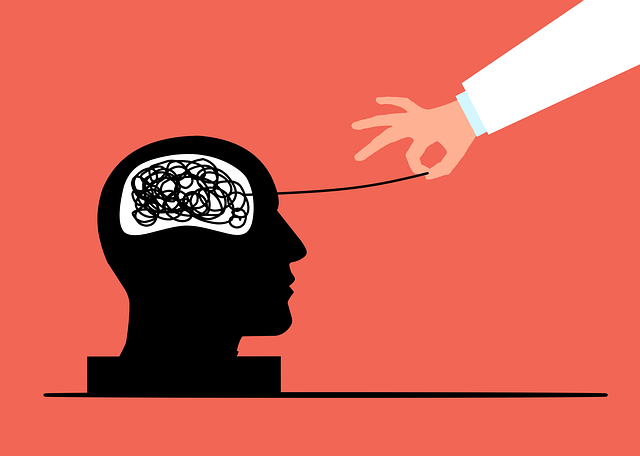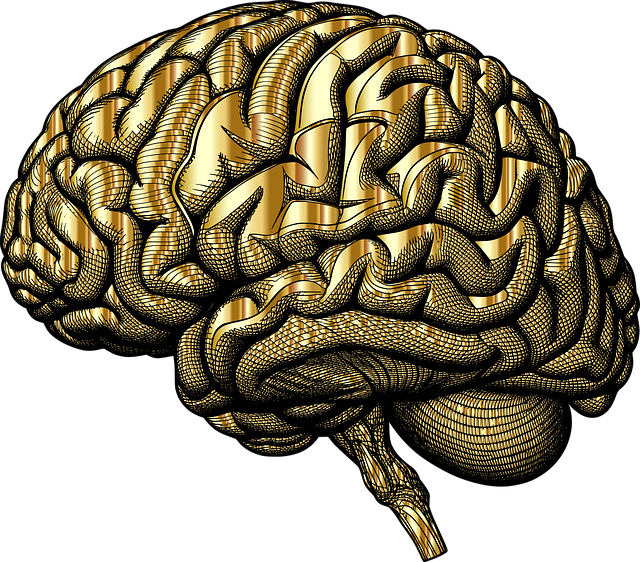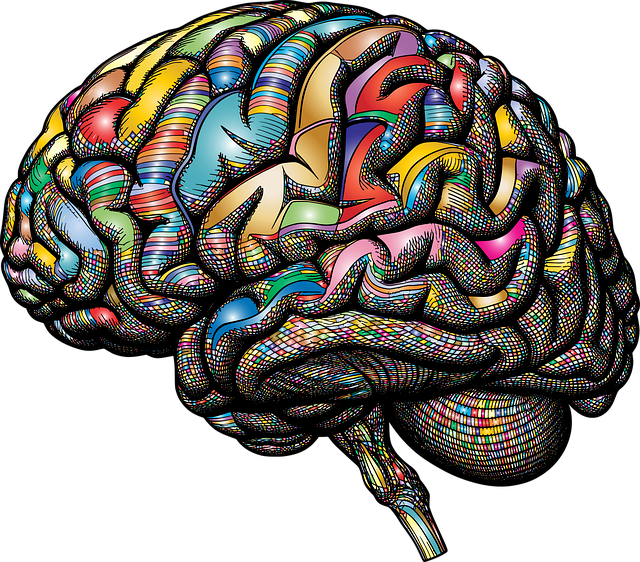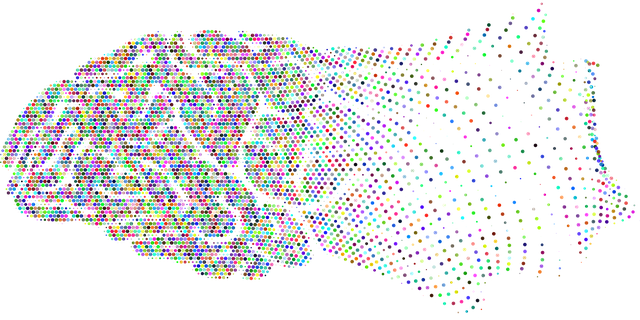Mental wellness programs integrating holistic mindfulness practices, such as meditation and breathing exercises, offer a comprehensive solution for adults seeking emotional well-being. Evaluating their effectiveness involves quantitative methods (surveys, physiological assessments) and qualitative techniques (interviews, focus groups). These assessments measure symptom reductions in anxiety, depression, and stress, while also exploring improvements in emotional regulation, positive emotions, personal growth, and community building. Regularly reviewing these data types ensures program refinement and optimal patient outcomes in therapy for adults focusing on mindfulness approaches.
In today’s fast-paced world, prioritizing mental wellness is more crucial than ever. This article explores evaluation methods for mental wellness programs, with a focus on mindfulness approaches tailored to therapy for adults. We delve into common program evaluation techniques and metrics, highlighting successful strategies for continuous improvement. By understanding the impact of mindfulness practices, professionals can enhance therapeutic outcomes and foster healthier communities.
- Understanding Mental Wellness Programs and Their Importance
- Evaluating Therapy for Adults: Mindfulness Approaches
- Common Program Evaluation Methods and Metrics
- Measuring Success: Strategies for Continuous Improvement
Understanding Mental Wellness Programs and Their Importance

Mental wellness programs are designed to support individuals in achieving and maintaining a state of emotional well-being. These initiatives go beyond traditional therapy for adults, focusing on holistic approaches like mindfulness practices that cultivate compassion within individuals. By integrating various techniques such as meditation, breathing exercises, and emotional awareness training, these programs empower people to manage stress, improve resilience, and enhance overall mental health.
The importance of such programs cannot be overstated, given the rising prevalence of mental health issues globally. Mental Health Education Programs Design that incorporate Compassion Cultivation Practices have been shown to significantly reduce symptoms of anxiety and depression while promoting positive emotional states. These interventions are essential in fostering communities where emotional well-being is prioritized, ensuring individuals have access to tools and resources needed to navigate life’s challenges effectively.
Evaluating Therapy for Adults: Mindfulness Approaches

Evaluating therapy effectiveness is essential, especially when it comes to mindfulness approaches in therapy for adults. These practices aim to enhance emotional regulation and overall well-being by cultivating present-moment awareness. Researchers often employ various methods to assess the impact of mindfulness interventions, such as self-report measures, where clients rate their symptoms and subjective well-being before and after treatment. This qualitative data provides insights into individuals’ experiences and perceived benefits.
Additionally, objective assessments like physiological measurements (e.g., heart rate variability) can be utilized to gauge changes in stress responses over time. Mindfulness meditation sessions are structured to promote positive thinking and reduce anxiety, depression, and stress-related symptoms. As these programs gain popularity among mental health professionals, incorporating robust evaluation methods becomes crucial for understanding their effectiveness and refining risk management planning, ensuring optimal patient outcomes.
Common Program Evaluation Methods and Metrics

In evaluating mental wellness programs, several common methods and metrics are employed to assess their effectiveness. One widely used approach involves quantitative assessments, such as surveys and standardized questionnaires, which measure changes in symptoms, attitudes, and behaviors before and after participation. These tools can track improvements in areas like anxiety, depression, stress management, and quality of life. For instance, the use of mindfulness techniques in therapy for adults has shown promising results when measured through validated scales assessing mood management and overall psychological well-being.
Additionally, qualitative methods offer valuable insights into participants’ experiences and perceptions. Interviews, focus groups, and feedback forms allow individuals to share their stories, highlighting the program’s strengths and areas for improvement. This is particularly relevant in understanding how conflict resolution techniques or mental health education programs design can impact personal growth and community building. By combining quantitative data with rich qualitative information, evaluators gain a comprehensive view of the program’s success, informing future iterations and ensuring the delivery of effective therapy for adults mindfulness practices.
Measuring Success: Strategies for Continuous Improvement

Measuring success is a vital component of any mental wellness program evaluation. To assess the effectiveness of interventions aimed at therapy for adults with mindfulness practices, several strategies can be employed. One approach involves tracking participant progress through standardized assessments and self-report measures that gauge improvements in symptoms, emotional well-being, and quality of life. These tools help identify areas of success as well as aspects requiring further attention.
Additionally, gathering qualitative feedback from participants through surveys or interviews offers a deeper understanding of their experiences. This provides insights into the program’s impact on their positive thinking and confidence boosting abilities, while also revealing cultural sensitivities in mental healthcare practice that can be enhanced. Regularly reviewing and analyzing these data sources enables continuous improvement, ensuring the program remains effective and aligned with the evolving needs of its adult participants.
Mental wellness programs play a pivotal role in fostering resilience and enhancing quality of life. Evaluating these programs is essential to ensure their effectiveness, particularly in therapies like mindfulness-based approaches tailored for adults. By employing robust evaluation methods that include qualitative and quantitative metrics, we can measure success, identify areas for improvement, and continuously refine these initiatives. This iterative process not only optimizes program outcomes but also ensures they meet the evolving needs of individuals seeking mental wellness support.









